
Jonathan Lambert
Staff Writer, Biological Sciences, 2019-2021
Jonathan Lambert was a staff writer covering biological sciences at Science News from 2019 to 2021. He earned a master’s degree from Cornell University studying how a bizarre day-long mating ritual helped accelerate speciation in a group of Hawaiian crickets. A summer at the Dallas Morning News as a AAAS Mass Media fellow sparked a pivot from biologist to science journalist. He previously wrote for Quanta Magazine, NPR, and Nature News.

Trustworthy journalism comes at a price.
Scientists and journalists share a core belief in questioning, observing and verifying to reach the truth. Science News reports on crucial research and discovery across science disciplines. We need your financial support to make it happen – every contribution makes a difference.
All Stories by Jonathan Lambert
-
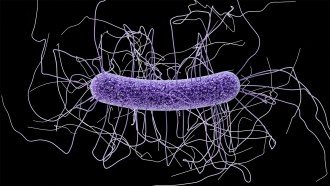 Health & Medicine
Health & MedicineAn mRNA vaccine protected mice against deadly intestinal C. difficile bacteria
An mRNA vaccine that targets several aspects of C. difficile’s ability to cause severe disease prevented major symptoms and death in mice.
-
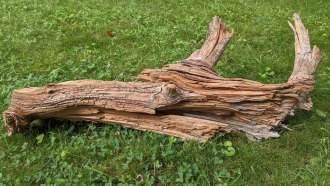 Climate
ClimateA thousands-year-old log demonstrates how burying wood can fight climate change
Burying wood can store carbon for thousands of years, according to an analysis of an ancient log unearthed in Canada.
-
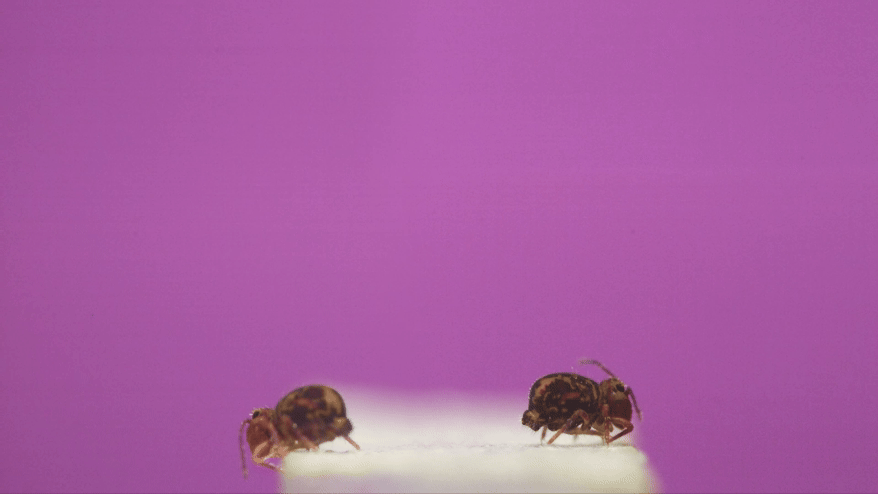 Animals
AnimalsHere’s how an arthropod pulls off the world’s fastest backflip
While airborne, globular springtails can reach a spin rate of 368 rotations per second, high-speed camera footage shows.
-
 Health & Medicine
Health & MedicineSome people have never gotten COVID-19. An obscure gene may be why
A trial that purposely exposed volunteers to COVID-19 revealed key immunological differences that may explain why some people can dodge SARS-CoV-2.
-
 Health & Medicine
Health & MedicineMalaria parasites can evade rapid tests, threatening eradication goals
Genetic mutations are making Plasmodium falciparum, parasites that cause malaria, invisible to rapid tests. New, more sensitive tests could help.
-
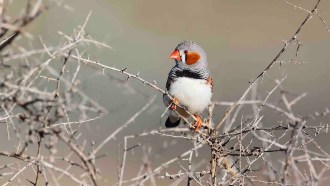 Ecosystems
EcosystemsNoise pollution can harm birds even before they hatch
Exposing zebra finch eggs and hatchlings to traffic sounds had lifelong health impacts, raising concerns about increased anthropogenic noise.
-
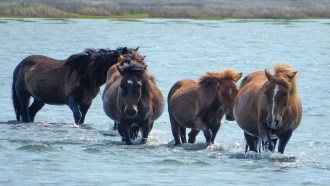 Animals
AnimalsMale mammals aren’t always bigger than females
In a study of over 400 mammal species, less than half have males that are, on average, heavier than females, undermining a long-standing assumption.
-
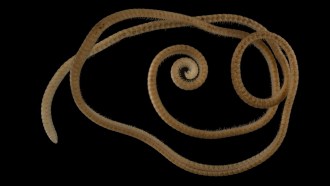 Animals
AnimalsA 1,306-legged millipede is the first to live up to its name
Scientists have discovered the first true millipede, an elongated, threadlike creature with a whopping 1,306 legs.
-
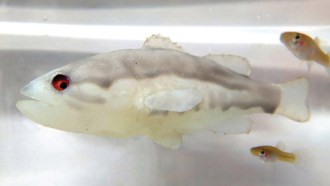 Life
LifeA terrifying robot can thwart invasive mosquito fish
A robot designed to mimic a natural predator of mosquito fish can impair the survival and reproduction of this costly invasive species.
-
 Life
LifeCleared tropical forests can regain ground surprisingly fast
Tropical forests can re-establish themselves on abandoned agricultural lands faster than expected, scientists say.
-
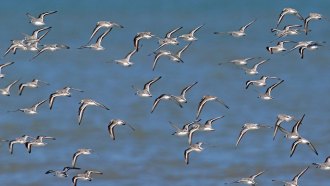 Life
LifeLight-colored feathers may help migrating birds stay cool on long flights
Analysis of over 20,000 illustrations of birds reveals that migrating birds generally tend to have lighter-colored feathers than birds that stay put.
-
 Climate
ClimateA new map shows where carbon needs to stay in nature to avoid climate disaster
Scientists have mapped the location of key natural carbon stores. Keeping these areas intact is crucial to fighting climate change.